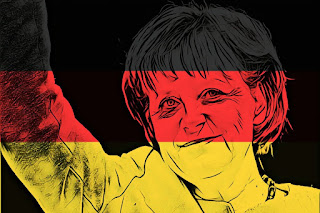New EU Gas Package Proposal - A Legal Analysis

Today the European Commission presented its proposals for a new gas package, called the ` Hydrogen and Decarbonized Gas Markets´-package. The package consists of a revised Gas Directive (COM(2021) 803 final) (hereafter: rGD), a revised Gas Regulation (COM(2021) 804 final) (hereafter: rGR) and a Regulation on the Reduction of Methane Emissions in the Energy Sector (COM(2021) 805 final) (hereafter: MER). Today`s proposal are only the beginning of a longer legislative process, as the package needs to be discussed with and resolved by the Council and the European Parliament. However, it is crucial in setting the tone and the main pillars. Can the package deliver on hydrogen regulation, decarbonization and gas security of supply? This blog post takes a look and provides a legal analysis of the proposed revisions.











